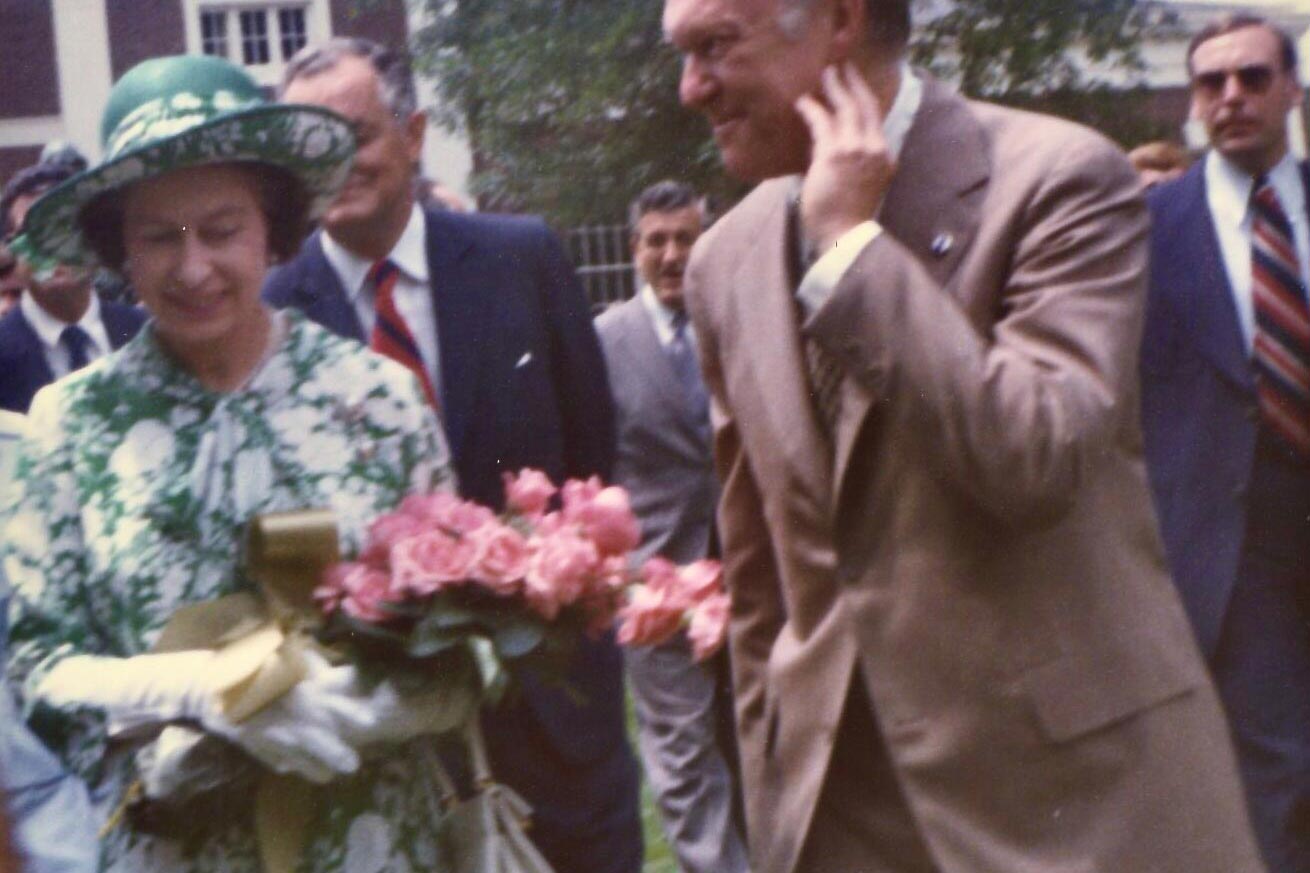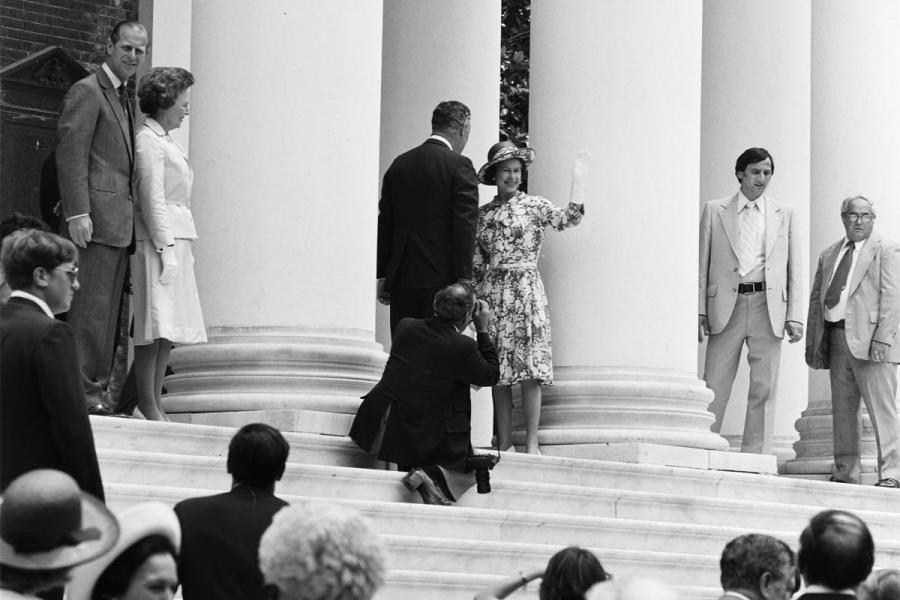Q. For what will she be remembered?
A. I think her death is likely to be remembered as a symbolic endpoint for the post-World War II and post-Cold War eras. Brexit, of course, is another such endpoint. But it will be difficult to fully judge her legacy until we have a better sense of what happens next.
We are just now seeing the accession of a new king, the oldest monarch ever to ascend to the throne, who is likely to be less popular than his mother and may have difficulty in consolidating all of her accomplishments. We do know for an actuarial certainty that his reign will be significantly shorter than hers. We do not yet know how the public will react to a king, that is to say a male monarch, for the first time in 70 years, or how much of Elizabeth’s success in popularizing monarchy for a democratic age was connected with the fact that she was a woman.
Much has been made of Elizabeth’s role as a kind of post-imperial monarch, but that is a deeply ambiguous story. While dozens of British colonies in Asia, Africa and the Caribbean gained their independence while Elizabeth was queen, governments in her name waged brutal military campaigns to keep some of those colonies under British rule. What is more, she awarded titles and honors to military commanders who oversaw the use of detention camps, torture and other savage methods of repression. While Elizabeth took recent steps to normalize relations with the Republic of Ireland, she never issued a meaningful apology for British actions there or anywhere else.
Q. Was Elizabeth herself personally popular with the people?
A. Yes, overwhelmingly so. The republican movement to abolish the monarchy remained a fringe movement in British politics during her reign. Of course, all monarchs, especially those who reign a long time, experience ebbs and flows in their popularity. The low point for Elizabeth was after the death of Princess Diana in 1997 and the perception that the royal family’s response was callous and unfeeling.











